Introduction
On Wednesday, April 26, 2023, Impact Hub Lausanne hosted the 2023 edition of MYBLUEPLANET’s Academic Citizen Assembly.
This event, focused on the theme of “How to organize Lausanne 2030 for energy self-sufficiency?”aimed to identify promising proposals in the field of local action for self-sufficiency, supported by a majority of participants (over 70%). It was also an opportunity to understand which actions were intuitively acceptable to an audience that had not invested much time in this issue.
Since the 1980s, citizen assemblies have been successfully organized in many countries, almost always resulting in high-quality recommendations. The Academic Citizen Assembly (ACA) draws inspiration from this tradition in Switzerland, emphasizing participatory democracy. Unlike many assemblies, groups do not have the opportunity to advocate for their “interests” during the preparation phase, which is limited to science-based information.
The ACA 2023 took place in a single 3-hour session, including a presentation and discussion on energy and self-sufficiency, an hour of group deliberation, individual voting, and a summary and presentation of preliminary results. The gathering brought together a total of 31 participants divided into 4 groups of 7 to 9 people. In total, 23 proposals were submitted, and 633 votes were cast by participants from various backgrounds, including engaged citizens, students, entrepreneurs, educators, public servants, professionals, engineers, researchers, and journalists.
Vote results
Among these 23 submitted proposals, here are the main proposals that received 70% or more of the votes :
- Mandatory sustainability courses for elected officials.
- Replacement of high-energy fossil fuel heating in old buildings.
- Accessibility of public transportation for bicycles.
- Comprehensive and mandatory sustainability education for all.
- Mandatory green roofs for new constructions, incentives for existing buildings.
- Promotion of remote work for tertiary sector businesses.
- Product labeling to raise awareness among buyers about the negative effects of their actions.
- Mobile stores for fresh produce in neighborhoods.
- Expansion of public transportation in Lausanne to reduce car dependency.
- Tax on fuel-inefficient cars to fund public transportation.
Conclusion
This assembly was an interesting experience for the development of a sustainable future for the city of Lausanne. The proposals that emerged from this event are the result of a participatory democratic process, thus reflecting the aspirations and concerns of citizens who expressed their willingness to actively contribute to thinking about energy solutions. By actively supporting these initiatives, Lausanne can position itself as a leading city in the transition towards self-sufficiency. This gathering showed that strong collective engagement can be the driver of the necessary change to shape a green and sustainable future for all. For the complete event report, process, and figures, click here. To learn more about the Academic Citizen Assembly, visit their website.







